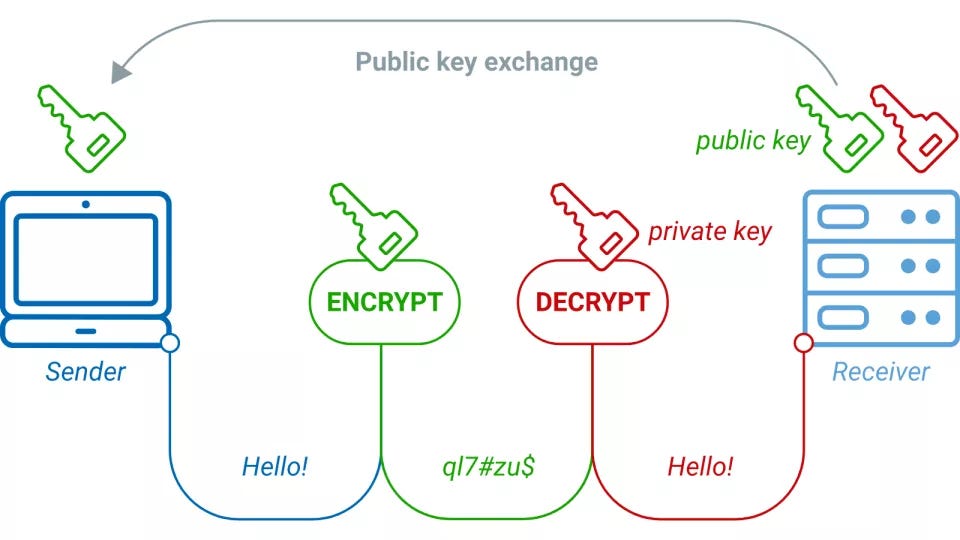The Critical Role of Mathematics in Computer Science: Why Math is the Heart of Computing
Mathematics isn’t just a school subject—it’s the essential backbone of computer science. From writing simple programs to building advanced artificial intelligence (AI) systems, math provides the foundational tools and thinking needed for success in computing careers. Today’s educational standards and industry practices clearly show that being good at math is not optional but critical for anyone who wants to excel in computer science.
Why Mathematics Matters in Computer Science Education
Modern computer science degrees require students to take multiple math courses—typically around six math classes plus two in statistics—which make up nearly 20% of the degree curriculum. These courses cover topics like calculus, linear algebra, discrete mathematics, and statistics, giving students a broad and deep mathematical foundation.
But math is not isolated in these courses. It is woven through every computer science subject—from algorithms to programming languages, from data structures to system design. Understanding mathematical proofs, logic, and optimization helps students develop a rigorous, analytical mindset necessary for tackling complex problems and writing reliable, efficient code.
Key Mathematical Disciplines Driving Computer Science
Discrete Mathematics and Logic
Discrete math is the cornerstone of computer science. It includes:
- Set theory (used in databases and software design)
- Logic and proof techniques (essential for verifying programs)
- Graph theory (fundamental for networks and compilers)
- Combinatorics (critical for algorithm design and complexity)
These areas teach students to reason formally and develop algorithms with guaranteed correctness—a skill that’s invaluable in both education and professional practice.
Linear Algebra and Numerical Methods
Linear algebra powers many modern technologies:
- Matrix operations drive computer graphics and transformations.
- Eigenvalues and eigenvectors enable dimensionality reduction in machine learning.
- Robotics and computer vision rely on numerical methods for motion planning and rendering.
Understanding these concepts allows computer scientists to create efficient, cutting-edge AI systems and process complex data.
Probability and Statistics
Probability and statistics are essential for managing uncertainty and analyzing data:
- Probability theory helps model and optimize network systems.
- Statistical methods underpin data science, machine learning, and AI.
- Randomized algorithms and Monte Carlo methods provide powerful tools for solving problems where deterministic methods fall short.
In a world increasingly driven by data, these mathematical tools help computer scientists make sense of large datasets and build robust, reliable systems.
How Math Powers Computer Science in Practice
Algorithms and Data Structures
Designing efficient algorithms requires a strong grasp of discrete math and probability. Techniques like big-O notation and recurrence relations allow developers to analyze performance and choose optimal approaches for tasks like searching, sorting, and network routing.
Data structures such as trees, graphs, and hash tables depend on mathematical properties to predict performance and optimize resource use. Advanced algorithm strategies—dynamic programming, greedy algorithms, divide-and-conquer—rely on formal mathematical reasoning for correctness and efficiency.
Artificial Intelligence and Machine Learning
AI’s rise has only increased the demand for mathematical skills:
- Linear algebra is the foundation for neural networks and deep learning.
- Probability and statistics enable AI to model uncertainty and learn from data.
- Optimization theory helps train machine learning models efficiently.
AI practitioners use math not only to build smarter systems but to understand, debug, and innovate on the algorithms powering the technology.
Cryptography and Security
Security depends on complex math—number theory, abstract algebra, and discrete mathematics—to develop and analyze encryption algorithms.
- Concepts like modular arithmetic and prime numbers ensure data privacy.
- Mathematical problems like integer factorization provide the basis for secure keys.
- Formal proofs guarantee that cryptographic systems are robust against attacks.
Understanding these mathematical foundations is crucial for building trustworthy security solutions.
Standards and Professional Expectations
ABET Accreditation
The Accreditation Board for Engineering and Technology (ABET) places mathematical competency at the top of its criteria for computer science programs. Students must demonstrate problem-solving skills grounded in mathematics and statistics, with a particular emphasis on discrete mathematics. This ensures consistent, high-quality education preparing graduates for professional success.
Industry Demand for Math Skills
Beyond education, the tech industry continues to value mathematical expertise. Roles in software development, data science, AI, and security require ongoing mathematical reasoning. Statistical analysis drives user experience improvements, while advanced algorithmic skills are prized for research and innovation.
Mathematics equips professionals to tackle emerging challenges and thrive in dynamic, data-driven environments.
Conclusion: Math is the Foundation of Tomorrow’s Computing
Mathematics is not just an academic requirement; it is the very foundation upon which computer science is built. Its principles enable the creation of efficient algorithms, secure systems, intelligent machines, and data-driven solutions.
As computer science evolves toward more complex AI, data science, and cybersecurity applications, the demand for mathematical proficiency will only grow. Whether you’re a student or a professional, mastering math will unlock your ability to innovate and lead in the world of computing.







